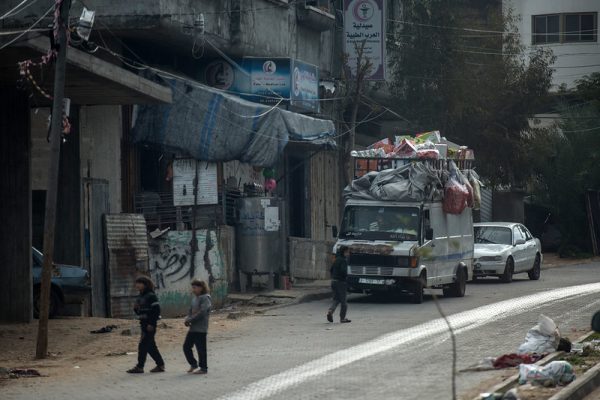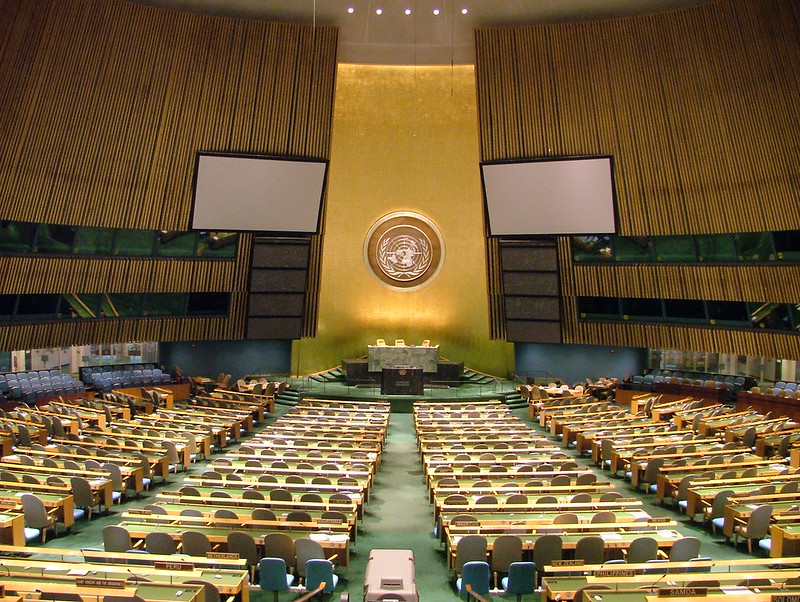The United Nations held a vote to pass a ceasefire in the Gaza Strip, which the United States was ready to veto Feb. 20.
The Security Council of the U.N. seats 15 members, and the vote to pass the ceasefire was 13-1, with the United Kingdom abstaining from the vote, and the U.S. vetoing.
Algerian representatives raised the problem to the council, stating that the humanitarian crisis had gotten out of hand, and Arab representative Amar Bendjama stated, “A vote in favor of this draft resolution is a support to the Palestinian’s right to life. Conversely, voting against it implies an endorsement of the brutal violence and collective punishment inflicted against them.”

There has been talk of a ceasefire in Gaza for many weeks, but this is the first time the U.N. has publicly stated anything on the matter.
A need for a ceasefire follows the continued violence of the Israel-Hamas war happening in the Gaza Strip after the terrorist organization Hamas launched an attack on a festival in Israel killing roughly 1,200 people and taking another 250 hostage on Oct. 7, 2023.
Violence in the area has only continued to increase, which has created a humanitarian crisis, but allied countries have struggled to get aid into the strip.
The U.S. has decided to veto the ceasefire, as ambassadors fear that it will halt plans they have to rescue American hostages in the area, according to the Associated Press.
The United States’ veto of the ceasefire caused significant tension between the council members, and according to AP News, a heated discussion regarding the implications of vetoing the ceasefire erupted.
In an attempt to quell the fears of fellow ambassadors, U.S. ambassador Linda Thomas-Greenfield attempted to give a solution to allow for sensitive hostage negotiations, and the possibility of a ceasefire in the coming weeks.
“would do what this text does not — pressure Hamas to take the hostage deal that is on the table and help secure a pause that allows humanitarian assistance to reach Palestinian civilians in desperate need.”




